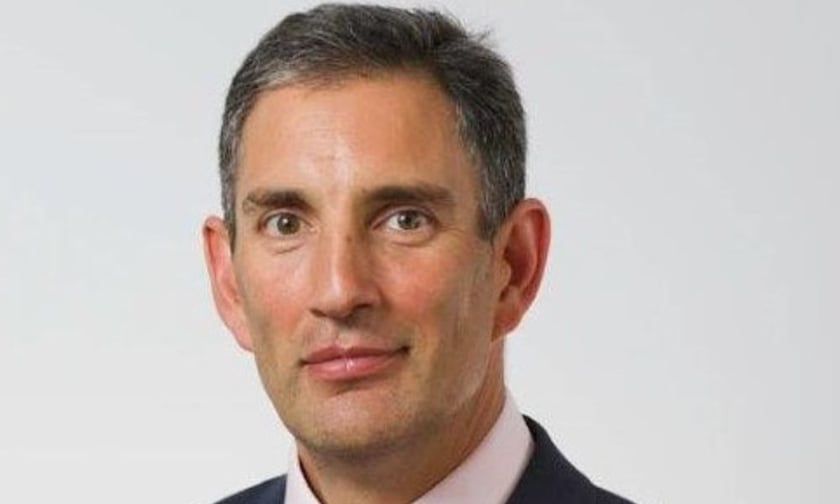

Financial Services Council of New Zealand (FSC) chief executive Richard Klipin (pictured) is keen to continue the crucial work being done by the non-profit member organisation in what he believes is going to be a significant period for the industry and the country.
Speaking with Insurance Business, Klipin said: “I think 2024 is shaping up to be a really important year for New Zealand, and certainly for the financial services sector and for all New Zealanders. Obviously we’ve got a new government formed at the tail end of last year – they’ve got big plans and big ambitions to do a lot of things in New Zealand, and a lot of that is going to impact New Zealanders and financial services.
“So, we’re looking forward to a really big year, one in which we can help play our part in helping New Zealanders with their financial confidence and wellbeing – saving well, investing well, and navigating the cost-of-living crisis, which has obviously been biting pretty hard.”
According to the CEO, at the top of the agenda for the FSC is helping to shape and guide policy discussions by working closely with government agencies and regulators.
“Over 2023, the FSC developed Blueprint for Growth, which is our policy platform,” Klipin noted. “And this is really around delivering good policy in KiwiSaver, in health and health insurance, in life and life insurance, and in the financial advisory sector, to make sure that we get the right settings at a policy level, the right settings at a regulation level.”
Klipin highlighted that collaborating closely with regulators and the government is a “key part of our work” for 2024. Meanwhile the FSC chief outlined his expectations in the areas of life insurance, health insurance, and financial advice.
“For the life insurance sector, what’s clear in New Zealand is that we live in a world of risk,” Klipin told Insurance Business. “And for New Zealanders, it’s about understanding what their risk is – their physical risks with floods and fires and earthquakes and things like that, which New Zealand has borne the brunt of in recent years, and with climate change will continue to; personal risk is obviously about managing mortality and managing accident and illness.
“What we know through our research is that New Zealanders are well underinsured. So, part of that is around the literacy of what risk actually is and how you can manage and mitigate and offset risk, which is really key for New Zealanders to take steps to manage through various life insurance solutions. That’s the life insurance conversation; it’s about education, it’s about awareness, and then, ultimately, it’s about solutions.”
When it comes to health insurance, Klipin believes the main difference is the fact that New Zealanders interact with the health space with greater frequency.
He said: “The health insurance sector is working around health policy. And that’s also about how do Kiwis remain healthy, what preventative activities can be done that’s about health and wellbeing, which are connected to mental health and wellbeing as well as financial health and wellbeing.
“So, there’s a slightly different conversation happening in the health insurance space, which is broadly connected to health policy in New Zealand, which, of course, has gone through fairly fundamental change over the last two to three years.”
The aspiration, according to Klipin, is for Kiwis to have access to the right care when they want and in the ways that they want, with health insurance providing a wealth of solutions in that regard.
In terms of financial advice, Klipin pointed to its role as “the gateway” towards financial wellbeing confidence.
“Good advice helps Kiwis plan better, save better, invest better, and make better decisions in good times and in bad,” the CEO declared. “So, making sure that the financial advice community is well supported and well connected is a really important part of what we’re doing.
“We’ve been working closely with the advice community now for a number of years as they’ve gone through regulatory change. That work will continue so that we have a robust and flourishing financial advice sector in New Zealand, because it’s such an important part of the way in which Kiwis access good-quality thinking around their financial affairs.”
Overall, Klipin thinks there are “huge” opportunities in the financial services industry, with the country being on the cusp of significant change.
What do you think about this story? Share your thoughts in the comments below.
